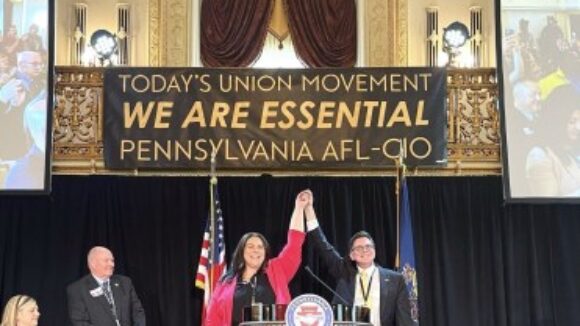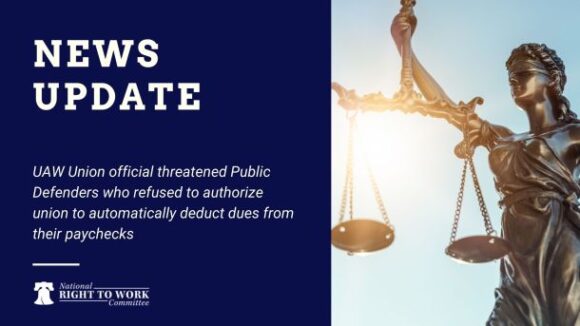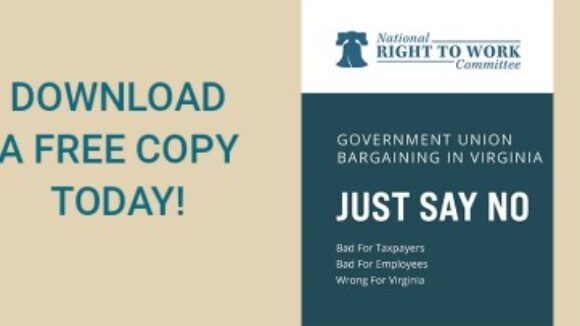Perpetual Union-Boss Control Over Pennsylvania?
The state AFL-CIO hierarchy is leading the charge for a constitutional ban on Right to Work even as it deals with a scandal.
For years and years, the private sector in Scranton, Pa., has been shrinking. That means, among other things, that the mayor and other elected officials desperately need to get city taxpayers’ sky-high costs for municipal employee compensation under control.
Scranton’s population has shrunk by nearly 50% since 1940 and by more than 25% since 1970. Unionized public-safety salaries are twice or three times as high as the local average, and health care and retirement benefits are even more unaffordable.
Unfortunately, Pennsylvania labor statutes mandating government union monopoly bargaining and binding arbitration whenever such bargaining is at an “impasse” have made it virtually impossible for local elected officials to get municipal compensation costs more in sync with the incomes of private employees and businesses.
That’s why, as Steve Malanga of the Manhattan Institute reports in the recent commentary linked below, lame duck Democratic Mayor Chris Doherty is pushing for a 40 to 50% increase in the property taxes of Scranton residents before he leaves office.
Malanga’s analysis helps illustrate why the National Right to Work Committee has fought so hard over the years to block enactment of additional state laws mandating union monopoly bargaining and binding arbitration in the public sector. The Committee is also a leader in the movement, now gaining momentum in state after state, to roll back government union bosses’ special privileges where they already have them.
Unfortunately, most Pennsylvania state legislators and executive officials of both parties have up to now resisted grass-roots efforts to roll back monopolistic government unionism. Unless Harrisburg changes course, more and more municipalities in the Keystone State will likely be facing in the future the hard choices with which Scranton is already confronted. Malanga has the details:
Late last week Moody’s warned that Scranton could face default thanks to a cash crunch similar to the one it faced in 2012, when the city missed some bond payments and reduced the pay of workers temporarily to minimum wage. The city now faces a deficit of $20 million for fiscal 2014 as well as $21 million it owes police and fire workers thanks to a binding arbitration award from 2011 that Scranton doesn’t have money to pay.
Though Scranton has been trying to obtain a loan to pay off the arbitration award, lenders haven’t been forthcoming. Not much of a shock there. So now the court has given unions the right to start seizing city assets. In the meantime the outgoing mayor will propose a big tax increase on top of previous increases. . . .
Potential lenders can’t be comforted by the fact that [this month] the city elected a new mayor in an election that, according to the local newspaper, was nothing more than a vote for the “status quo.” The paper noted that the new mayor, as a candidate, offered “no financial recovery plan” but that the then-candidate did say, in the newspaper’s words, “that the public safety unions trust him and would work with him but no other candidate, a pretty clear indication of who’s in charge.”
Do you even wonder why no one has been willing to lend Scranton money?

The state AFL-CIO hierarchy is leading the charge for a constitutional ban on Right to Work even as it deals with a scandal.

UAW Union official threatened Public Defenders who refused to authorize union to automatically deduct dues from their paychecks

Just say no to government union bargaining in Virginia In our Republic, all citizens have a right to petition their elected officials for redress of grievances, but no one should have special access to decisions over spending public funds, which monopoly bargaining grants union officials.